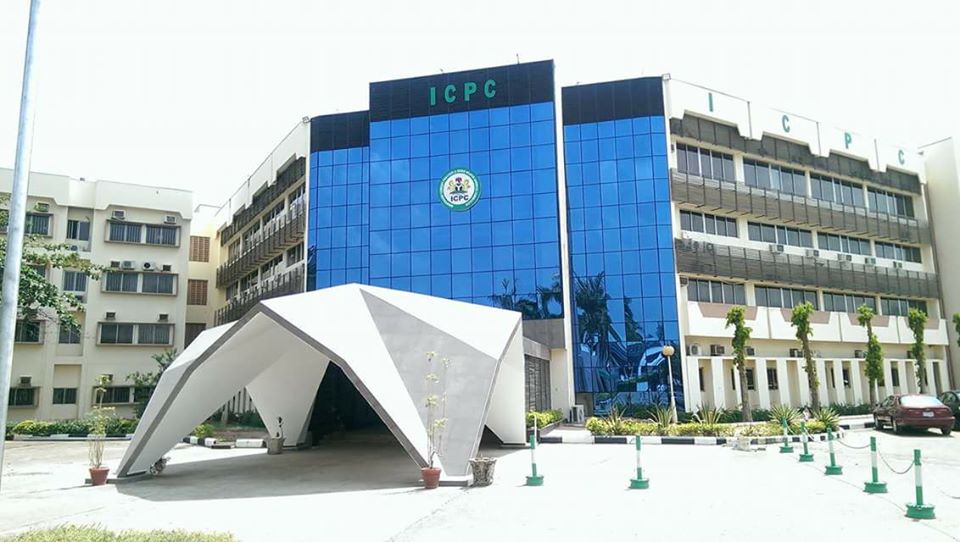International Women’s Day is celebrated globally on the 8th of March due to the recognition given to the rights of women through several recorded struggles by women rights groups.
According to United Nations (UN) Women Watch, the celebration of a day specifically set aside globally for women arose from the activities of labour movements at the turn of the twentieth century in North America and across Europe. Gradually, it assumed a global dimension and it is now being celebrated in both developed and developing nations.
Prior to its globalisation, the United States of America was documented as the first country to set aside a day for women on 28th February 1909. In 1911, the first International Women’s Day (IWD) was marked on 19th March in Austria, Denmark, Germany and Switzerland, where more than one million women and men attended rallies with themes addressing the right of women. The United Nations began to celebrate International Women’s Day on 8th of March starting from 1975 and in 1977, the UN General Assembly adopted a resolution proclaiming a UN Day for Women’s Rights and International Peace. Each year, the day is marked with a different theme and for this year, 2016, the theme is “Planet 50-50 by 2030: Step it up for Gender Equality”.
The theme for the year speaks to having an environment that is equally conducive for all genders with equal access to resources, socio-economic infrastructure and amenities. However, corruption erodes the ability of nations and governments to achieve this goal and the effect of corruption impacts women disproportionately.
To substantiate this perception, in an article authored by Farzana Newaz and published in Transparency International Anti-Corruption Network, it was highlighted that while traditionally, women perform the greater responsibility as caregivers and home makers for husbands and children, they lack the resources to assist their work. Women lack easy access to essential services such as health, education, water and sanitation. As a vulnerable group, they are less likely to be aware of their entitlements. Additionally, women’s income level is also lower compared with men and they lack influence to seek alternatives to bribes.
Farzana noted that in Bangalore, India, one of every two women in maternity hospitals had to pay extra money in order to have a physician present during child delivery. In another case that occurred in Bangladesh, 22% of female secondary students had to pay a fee to register for a stipend programme for which they were entitled to enrol free.
Another impact of corruption on women is cases where they are compelled or forced to consent to sexual favour as a form of bribe when they are in need of employment, admission into higher institutions or access to public service.
Importantly, women are forced to bear the consequences that might arise from consenting to sexual favour as a form of bribe in exchange for their needs. Some of the consequences faced by such women include contracting deadly sexually transmitted diseases that could lead to stigmatisation and in some cases, unwanted pregnancy.
As a solution to the problems expressed above, the researcher recommended policy interventions to combat systemic corruption and pay closer attention to the socio-economic and cultural norms that shape how women live their lives as well as the institutional barriers they face.
As women in Nigeria join the world to celebrate this year’s International Women’s Day, more laws protecting the well-being and rights of women should be enacted by law makers. In addition, more opportunities should be given to women in decision-making platforms across places of governance. Let us join the gender parity team and encourage the liberation of women from all forms of gender bondage. Women in government, should arise to help pull up those that are at the grassroots through education, mentoring and coaching. They should fight corruption at every level knowing that the consequences will affect their gender more harshly. Working together, we will achieve a world where there is equality for all.


